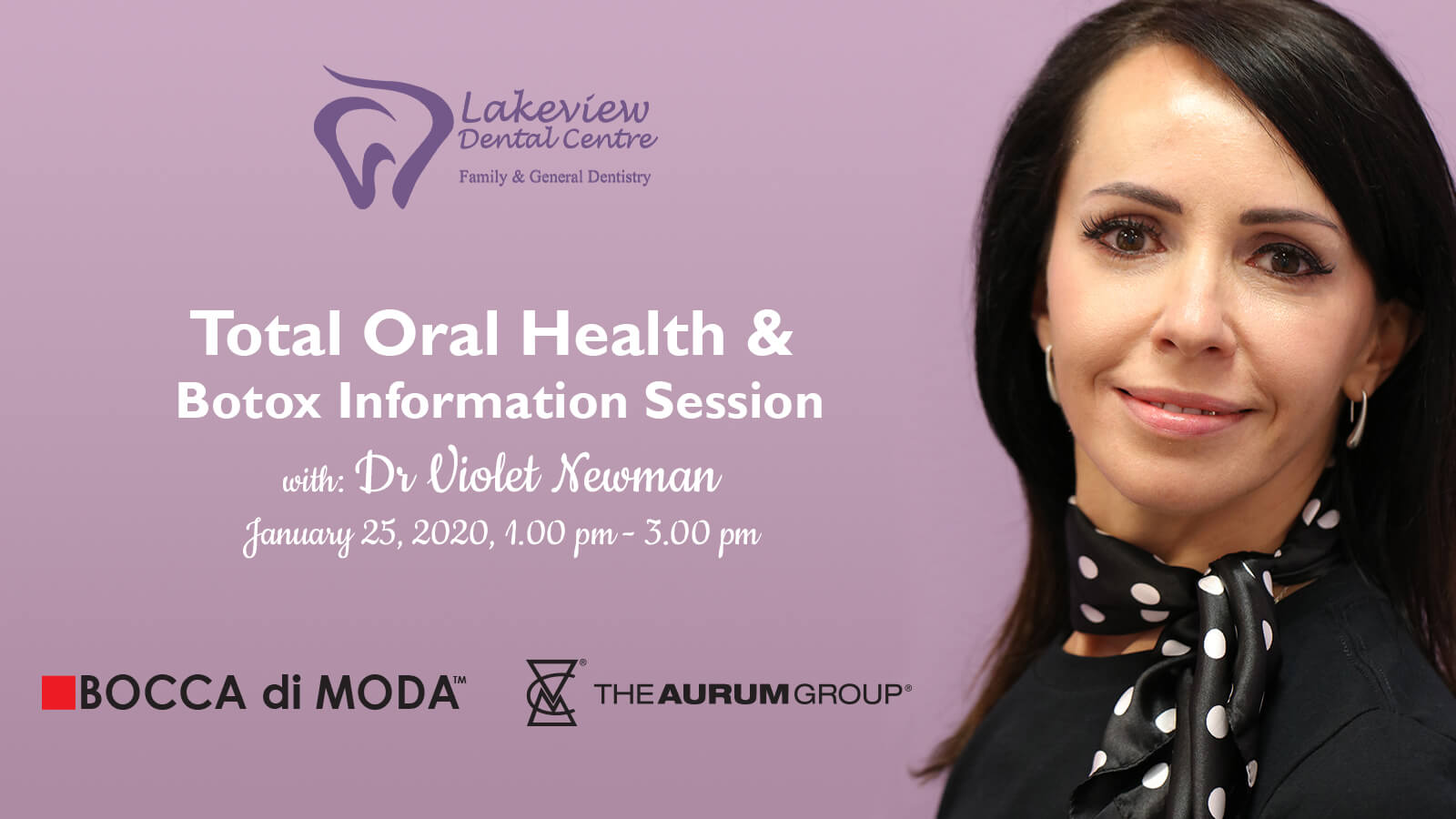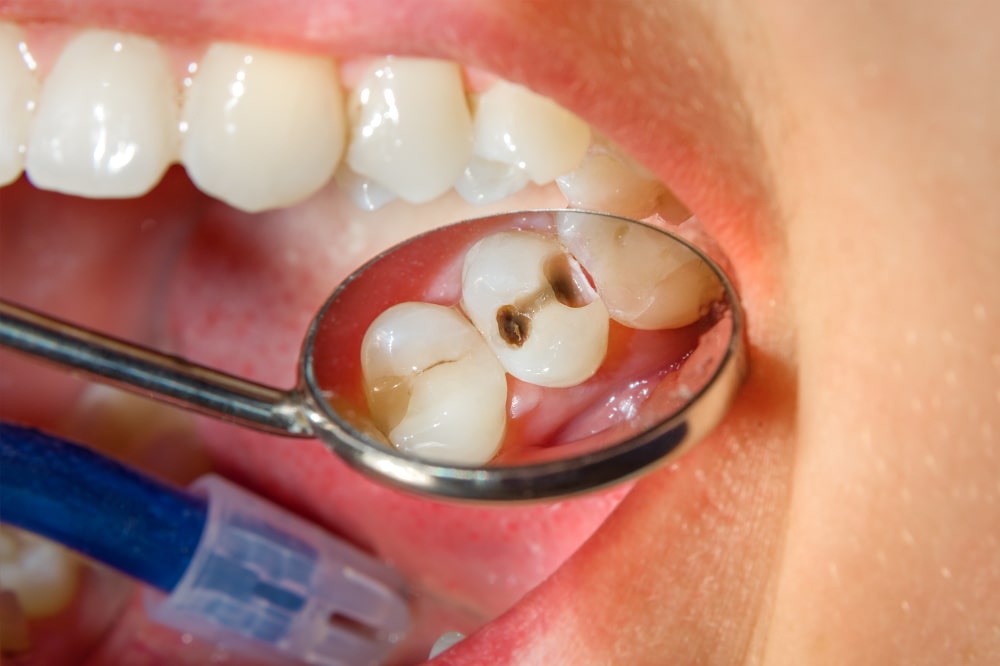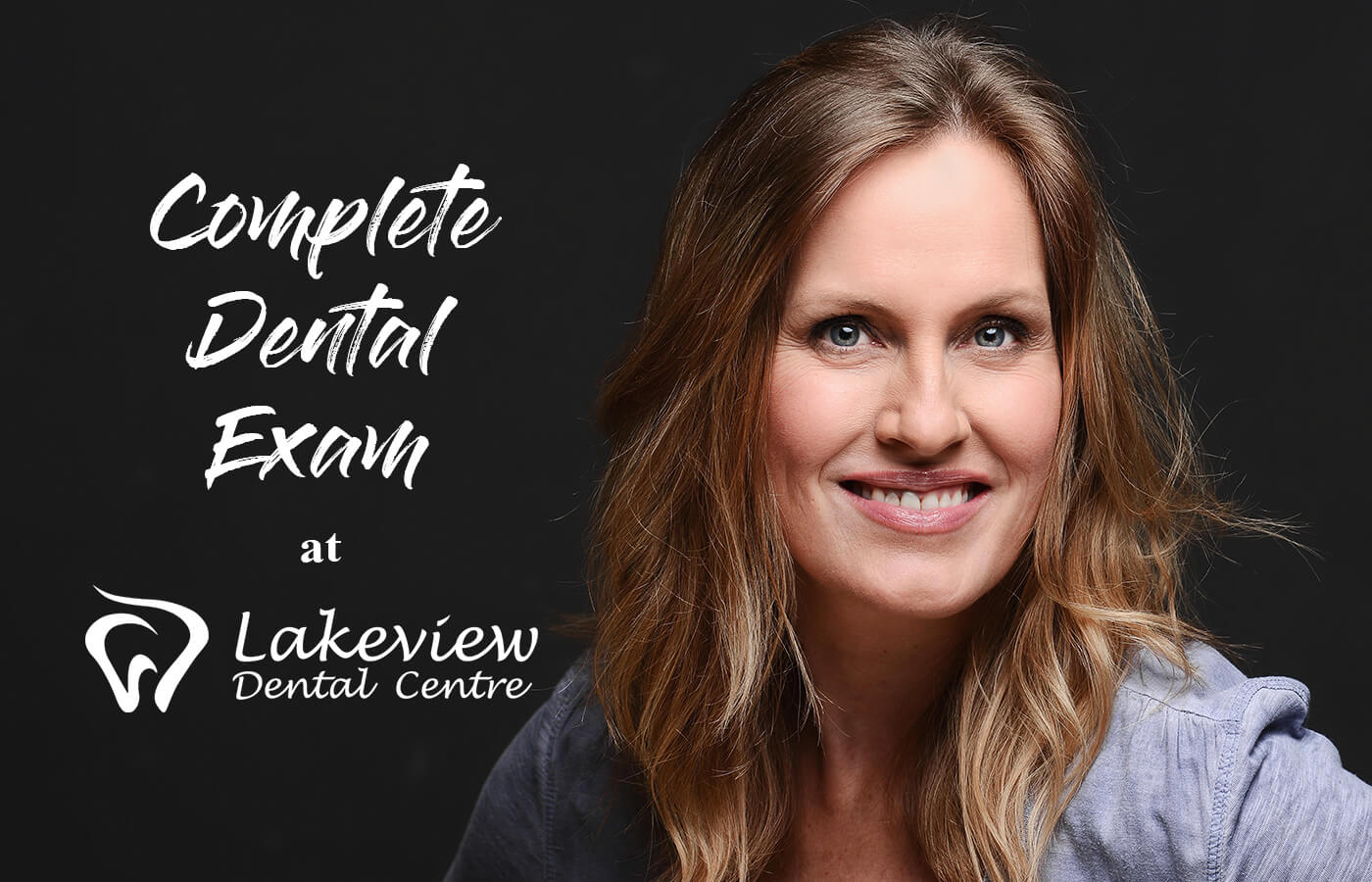Are you over 45 years old and you lost 2 or more teeth in the last 8 years. Do you know your health is at risk?

Are you over 45 years old and you lost 2 or more teeth in the last 8 years or almost there?
If you are part of this category or you know you might be in the next years please continue reading because there is a very important thing you need to know and be aware of.
Could midlife tooth loss increase your risk of Cardiovascular Disease?
Tooth loss in middle age is tied to a higher risk of cardiovascular disease, independent of traditional risk factors such as high blood pressure, poor diet, and diabetes.
Worried about your oral and general health? Call and book an appointment now and Dr Violet Newman will answer all your questions and explain your current situation and what options you have. Call now at (403)-242-5900 and book your appointment.
“In addition to other established associations between dental health and risk of disease,” explains study co-author Lu Qi, who is a professor of epidemiology at Tulane University, “our findings suggest that middle-aged adults who have lost two or more teeth in [the] recent past could be at increased risk for cardiovascular disease.”
This study is not the first to investigate the link between dental health and cardiovascular disease (CVD), but it is the first to focus on tooth loss during midlife and exclude that which occurs earlier.
The new findings were presented at the American Heart Association’s (AHA) 2018 scientific sessions on Epidemiology and Prevention | Lifestyle and Cardiometabolic Health, held in New Orleans, LA.
The study is not yet published as a peer-reviewed paper, but you can read the abstract in the journal Circulation.
What is Cardiovascular Disease and why is important?
Cardiovascular Disease or CVD is an umbrella term for diseases of the heart and blood vessels. This includes diseases of the blood vessels that supply: the brain (such as stroke and other cerebrovascular diseases); the heart muscle (coronary heart disease); and the arms and legs (peripheral arterial disease).
It also includes other conditions that can damage the heart (such as rheumatic heart disease and congenital heart disease), as well as conditions in which blood clots form and block the blood supply (such as deep vein thrombosis and pulmonary embolism).
CVD is the primary cause of death worldwide. In 2015, it claimed 17.7 million lives, including 7.4 million due to coronary heart disease and 6.7 million due to stroke.
The risk of CVD can be reduced — for example, by stopping smoking, adopting a healthful diet, keeping to a normal weight, and being physically active.
Nevertheless, in addition to these strategies, there is a need for new, reliable markers of CVD so that the condition can be detected “well in time” for treatments to be effective.
How can Cardiovascular Disease influence your Oral Health?
The notion that oral health is linked to CVD is not new — in fact, it was first established more than 100 years ago.
In 2012, the AHA published a review of dozens of related studies and concluded that there is an association between periodontal disease and atherosclerotic vascular disease and that it is independent of “known confounders.”
Atherosclerotic vascular disease is a type of CVD that is caused by atherosclerosis, wherein sticky deposits called plaques build up inside arteries and make them thick and hard. As the plaque builds up, it restricts blood flow and can cause heart attack, stroke, and even death.
It was first thought that poor oral health might actually cause CVD, “through infection and inflammation.”
However, more recently, scientists have concluded that poor oral health indicates the presence of — rather than causes — atherosclerosis, and they, therefore, propose that it might serve as a risk marker of CVD.
Tooth loss and coronary heart disease
For the investigation, Prof. Qi and his team focused on tooth loss and coronary heart disease. They pooled and analyzed data on thousands of men and women aged 45–69 who were followed in two large studies: the Nurses’ Health Study (NHS) and the Health Professionals Follow-Up Study (HPFS).
None of the participants had coronary heart disease at baseline — which is when they joined the studies in 1986 (for the HPFS) and 1992 (for the NHS).
As the participants had been asked about their number of natural teeth when they enrolled, as well as about recent tooth loss in follow-up questionnaires, the researchers were able to assess tooth loss over a period of 8 years.
The team then compared this recent tooth loss pattern to incidence of coronary heart disease over a subsequent follow-up period of 12–18 years.
The analysis looked at three groups: those who had lost no teeth recently; those who had lost one tooth; and those who had lost two or more teeth. The results showed that:
- Of the participants who had 25–32 natural teeth at baseline, those who reported the recent loss of two or more teeth had a 23 per cent higher risk of developing coronary heart disease when compared with counterparts who had not lost any.
- The raised risk was independent of the quality of diet, amount of physical activity, body weight, and other traditional risk factors for coronary heart disease, such as diabetes, high cholesterol, and high blood pressure.
- No significant increase in risk was found for those participants who said that they had only lost one tooth.
- Compared with those who reported losing no teeth, the participants who reported losing two or more teeth — regardless of how many natural teeth they had at baseline — had a 16 per cent higher risk of developing coronary heart disease.
- Those with fewer than 17 natural teeth at baseline had a 25 per cent higher risk of coronary heart disease than those who had 25–32 natural teeth at baseline.
The scientists conclude that their results suggest “that among middle-aged adults, a higher number of teeth lost in the recent past may be associated with subsequent risk of [coronary heart disease], independent of the baseline number of natural teeth and traditional risk factors.”
They acknowledge that the findings are limited by the fact that they had to rely on the participants’ own reports of tooth loss, which could have resulted in some of them ending up in the wrong groups in the analysis. Find out more here.
“Previous research has also found that dental health issues are associated with elevated risk of cardiovascular disease. However, most of that research looked at cumulative tooth loss over a lifetime, which often includes teeth lost in childhood due to cavities, trauma, and orthodontics.”
Prof. Lu Qi

What can you do to Prevent Cardiovascular Disease and Tooth Lose?
Ways to reduce the risk of cerebrovascular disease include:
- not smoking
- getting regular physical exercise
- eating a low-fat diet
- maintaining a healthy weight
- controlling blood pressure
- lowering blood cholesterol with diet and medications if necessary
Individuals with heart arrhythmia should ask their doctor if they should be taking a blood thinner to prevent strokes.
- Brush your teeth 2 times a day
- Floss
- Come to regular dental cleanings and check-ups
- Treat any gum disease or periodontal disease you may have
- Treat any dental cavities or root canals you need
- In case of missing teeth let’s talk about dental implants how this can help you
The best way to know exactly what is working in your’s specific situation is to come to a full dental exam and dental cleaning and discuss your history, your concerns and your goals and desires.





